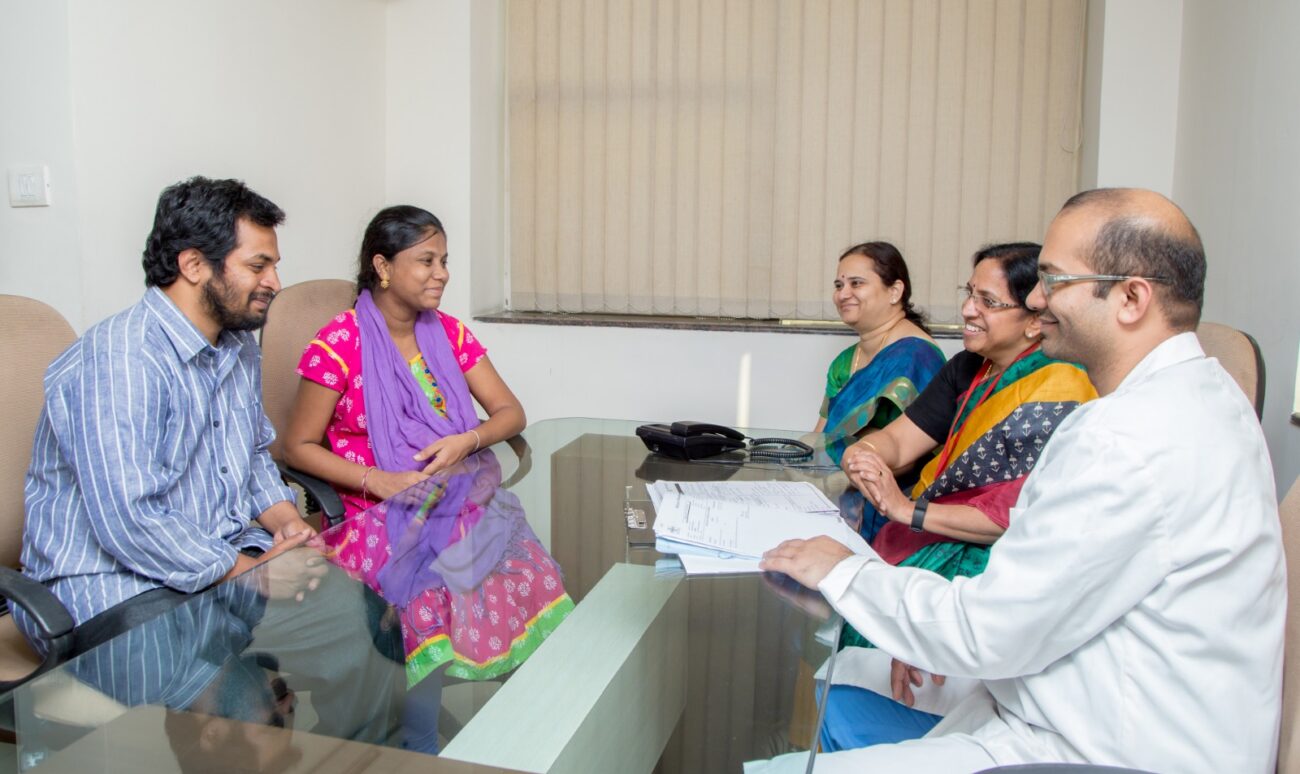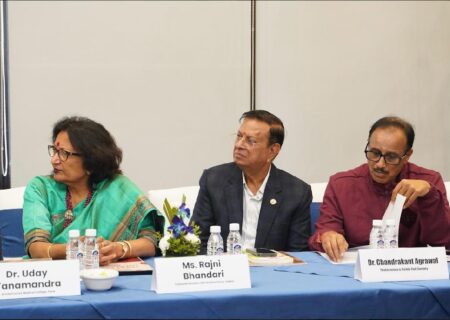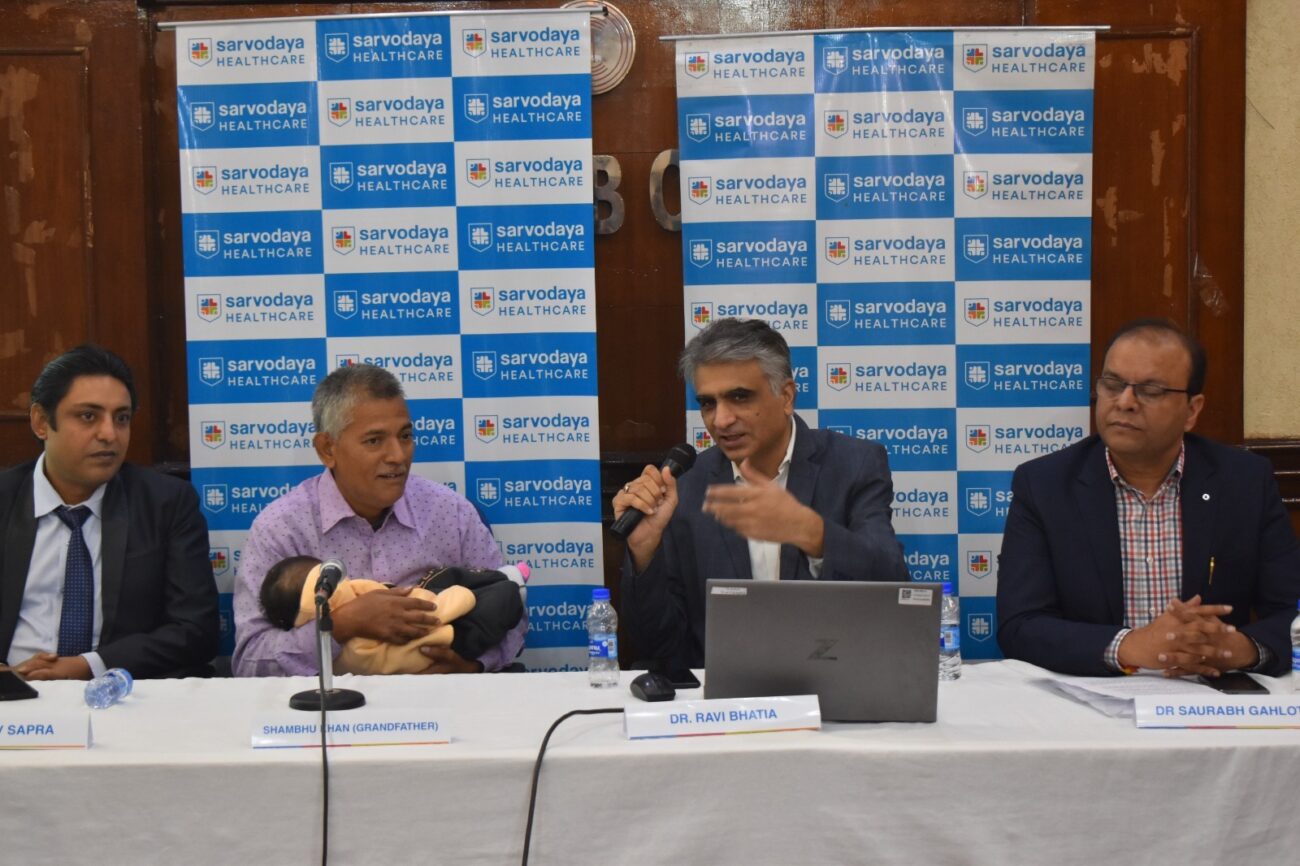Dengue Fever During Pregnancy: Diagnosis, Treatment and Prevention
Using a protocol-based approach managed by multidisciplinary teams, Fernandez Hospitals have zero maternal deaths due to dengue in over 300 cases in the past five years. Dengue fever, caused by the dengue virus (DENV), is a

Using a protocol-based approach managed by multidisciplinary teams, Fernandez Hospitals have zero maternal deaths due to dengue in over 300 cases in the past five years.
Dengue fever, caused by the dengue virus (DENV), is a significant health concern, particularly in India during the monsoon season from June to November. With four serotypes (DENV-1, DENV-2, DENV-3, and DENV-4), the infection carries a risk of severe complications, especially when a person is infected by a different serotype after an initial infection.
Dengue and Pregnancy
During pregnancy, dengue infection presents unique challenges and risks. Unlike the general population, pregnant women with dengue are at a higher risk of developing severe symptoms, which can negatively affect both the mother and the baby. Common symptoms include high fever, severe headaches, joint pains, vomiting, and diarrhea. In severe cases, symptoms like persistent vomiting, rapid breathing, and significant bleeding can occur, which require immediate medical attention.
Diagnosis and Monitoring
Diagnosis is typically achieved through the NS1 Antigen test early in the disease or the Dengue IgM test after four days of fever onset. Continuous monitoring is critical, particularly to watch for thrombocytopenia, a drop in platelets that can lead to severe complications like bleeding and multiorgan failure.
Treatment and Hospitalisation
Pregnant women diagnosed with dengue require hospitalisation, preferably in facilities equipped with critical care options. Management guidelines issued by the Ministry of Health in 2023 should be adhered to rigorously. The goal is to manage symptoms and complications promptly, with interventions such as intravenous hydration and, if necessary, platelet transfusions.
Prevention Strategies
To prevent dengue infection during pregnancy:
- Avoid travel to areas with high mosquito density.
- Use mosquito repellents that are EPA-registered and safe for pregnant and breastfeeding women, such as DEET, Picaridin, or Oil of Lemon Eucalyptus.
- Install mosquito screens on windows and doors.
- Avoid storing water in open containers to prevent mosquito breeding.
- Wear long-sleeved shirts and pants to minimize skin exposure.
Dr. Tarakeswari, Chief Medical Director, Fernandez Hospital, added that “a series published in 2019 analysed the complications arising from dengue in pregnancy. Following a protocol-based approach managed by multidisciplinary teams, we have successfully avoided maternal fatalities in more than 300 cases over the past five years. This achievement underscores the effectiveness of proactive and comprehensive care for pregnant women suffering from dengue.”
By following established guidelines and implementing effective preventive and management strategies, we can safeguard the health of both mothers and their babies.






